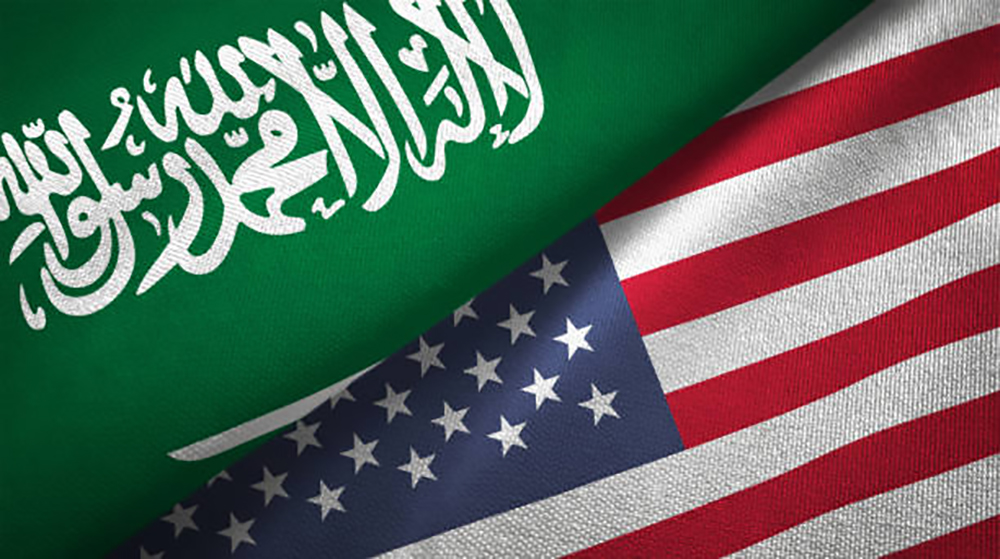
Jeddah Platform: A Positive Step Less Than the Broad Hopes
Mashaer Idris
Despite the announcement by the Saudi Ministry of Foreign Affairs about progress in the negotiation file in the Jeddah Platform between the army and the Rapid Support Forces, a number of political forces believed that the step is positive but the hopes of the Sudanese were greater, wishing for an agreement on a ceasefire, which is the most important step at this stage to stop the war and alleviate the suffering of the Sudanese people.
Saudi Arabia, the United States, the African Union, and the Intergovernmental Authority on Development (IGAD) are mediating between the army and the Rapid Support Forces, which have been fighting since mid-April.
Mansour Arbab, the head of the New Justice and Equality Movement, stated that most of the Sudanese public opinion does not rely on the Jeddah talks, which have so far not made any progress.
Arbab added that the mediation has not succeeded in obliging the Rapid Support Forces to leave the homes of citizens and civil institutions, and in obliging the Rapid Support Forces to stop killing and exterminating civilians and destroying infrastructure, as seen in Erdamata, Nyala, and West Kordofan. He continued, "Therefore, we do not expect any tangible progress in favor of ending the war."
He pointed out that the Jeddah platform failed to condemn the killing of unarmed civilians, children, and the elderly, in addition to the presence of thousands of bodies of civilians killed by the Rapid Support Forces that fill the streets of Erdamata, while millions of refugees and displaced people are in need of relief and health services, and millions of students need educational services in refugee camps and shelters within Sudan.
He called on the world to activate its mechanisms to stop the targeting of civilians by the Rapid Support Forces to quickly stop the war, especially as there is an urgent need to reduce the cost in lives and infrastructure.
Meanwhile, the political secretary of the Sudanese Congress Party and a member of the executive office of the Freedom and Change described the statement of the Saudi Ministry of Foreign Affairs as positive regarding what was agreed upon between the delegations of the armed forces and the Rapid Support Forces.
He considered in a statement that what was agreed upon is a roadmap for building confidence between the two fighting parties.
He added that practical measures have been put in place to reach a ceasefire, including the agreement on three positive points: the formation of a joint mechanism with the United Nations to deliver humanitarian aid, a communication mechanism between the army and the Rapid Support Forces, and the arrest of fugitives from prisons who are elements of the former regime and measures related to media discourse.
He pointed out that all these steps, if committed to and implemented, would be an entry point to stop the war.
In the same context, the Unified Rights Center welcomed the noticeable progress in the humanitarian file and the file of fugitives from prisons in the Jeddah negotiations between the two conflicting parties.
The center stated in a statement that the two parties agreed to detain the fugitives from the prisons, numbering up to 21 thousand prisoners, including prisoners sentenced to death and life imprisonment and others accused of crimes that reach the same punishment, including leaders of the former regime wanted by the International Criminal Court.
The statement regretted that the two parties did not reach an agreement to cease hostilities, which would have provided the necessary protection for civilians in various Sudanese states, and urged the two parties to move forward to silence the guns forever.
The mediation revealed in a statement the commitment of the two conflicting parties to engage in a joint humanitarian mechanism led by the United Nations Office for the Coordination of Humanitarian Affairs to address obstacles to the delivery of relief and designate contact points to facilitate the passage of humanitarian workers.
According to the statement, the two parties agreed on requirements for building confidence, including the establishment of a communication mechanism between the leaders of the army and the Rapid Support Forces, improving media content, and reducing the intensity of media language between the two parties, taking measures against parties that provoke escalation and fuel the conflict, and detaining fugitives from prisons.

